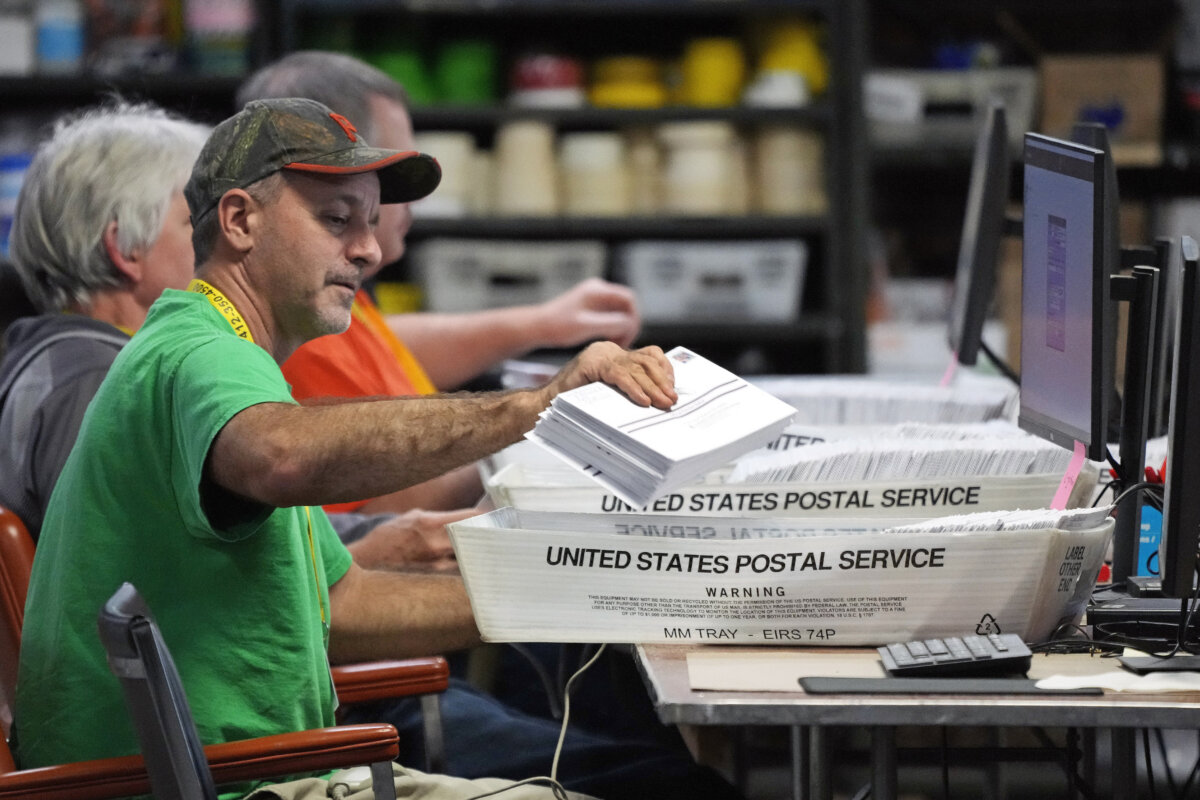A symbol has emerged in the fight against global warming — the polar bear.
These magnificent beasts are in danger. The Arctic is warming up more quickly than the rest of the world and the Arctic ice is melting. These ice floes are where polar bears hunt seal, which forms a major part of their diet. The more ice-free days the Arctic has, the more food-free days the polar bears have. Even if the bears do not starve to death they can become too malnourished to reproduce and numbers of polar bears will plummet. Since the majority of polar bears live in Canada, Canadians are lobbying the federal government to do something to save them.
This got us thinking. In the past, the fate of an endangered species could largely be determined by the will of the government of the country in which the species lived to do something. For instance, rhinos and elephants have seen their populations rise because wildlife refuges were created and bans on hunting and poaching were enforced (although these populations are still vulnerable).
Individual countries were able to take action and pass laws that directly, and in a relatively short time period, had a dramatic effect on animal populations. It took specific acts that directly targeted the threats to the species. We are not saying it was easy, but it was possible, given enough popular support and political will, to save a species from extinction.
Can we do this for the polar bear? Well, as we all know it is not that simple. It is within the power of the Canadian government to protect the habitat of the polar bear, to ensure that oil and gas exploration in the Arctic is limited. But the main threat to the polar bear cannot be eliminated by passing a single law or by hiring enforcement agents to prevent poaching or by setting aside land for habitat. It is going to take a global effort to save the polar bear. Far-away countries that a polar bear has never even heard of will have a part to play in saving this species.
This does not, of course, take the heat (or at least the warming) off the Canadian government to do something. Lately, Canada has been lukewarm at best in joining the worldwide anti-global warming effort. Canada can, and should, try to save the polar bear and other species threatened by climate change by cutting its own greenhouse emissions and working with other countries to lower global emissions of greenhouse gases.
But, in the end, saving the polar bear for good is not something the Canadian government can unilaterally decide to do. Just as it took the whole world to put the great white bear into danger, it will take the whole world to pull it back.
Andrew Laursen is an assistant professor at Ryerson University, studying ecosystem ecology. Sophia Dore is an environmental scientist with Conestoga-Rovers & Associates, an environmental consulting company.
















